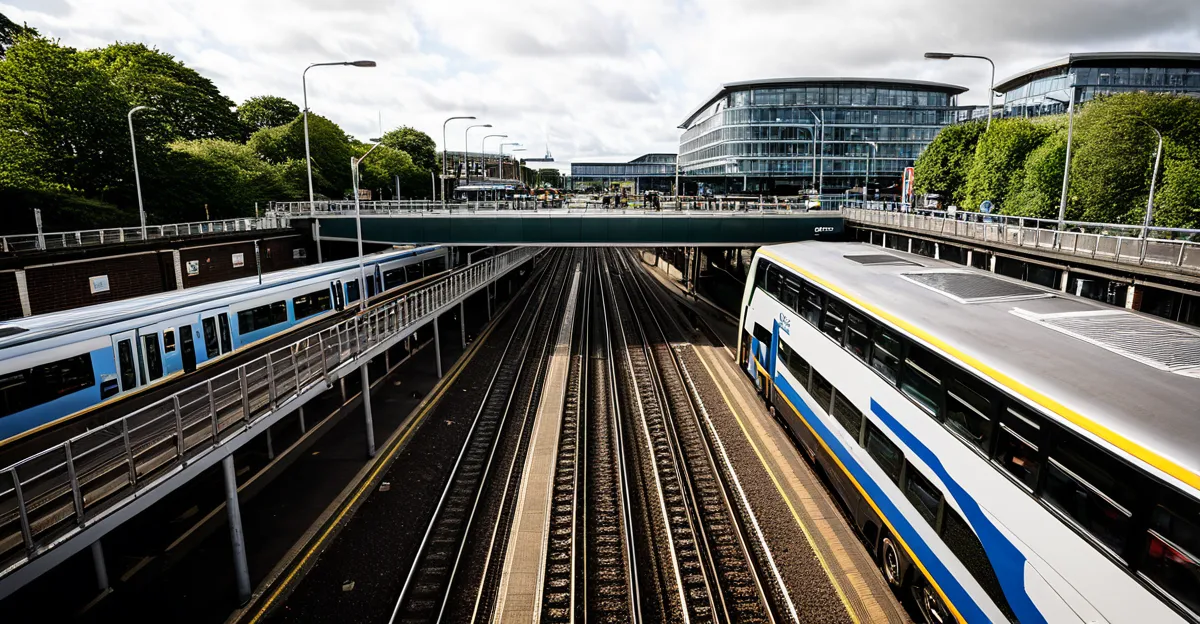Overview of the UK Government’s Public Transportation Improvement Strategy
The UK public transportation strategy prioritizes enhancing connectivity, accessibility, and sustainability. Central to the government infrastructure policy is the commitment to create a seamless, multimodal transport network. This involves integrating rail, bus, cycling, and pedestrian options to ensure convenient transitions for users.
Environmental sustainability is embedded within these transport improvement plans. The strategy emphasizes reducing carbon emissions by promoting low-emission vehicles and boosting infrastructure for active travel modes like cycling and walking. This aligns with wider national targets on decarbonisation and climate change mitigation.
Also to discover : How Are Recent Developments in the UK Impacting Global Perspectives?
Accessibility features prominently, aiming to enhance transport for disabled and elderly passengers through improved station facilities and vehicle design. The government infrastructure policy also focuses on making public transportation affordable and reliable across urban and rural areas alike.
By prioritizing multimodal connectivity and environmental sustainability, the UK public transportation strategy aspires to develop a future-proof transport system that supports economic growth while addressing climate imperatives. These integrated transport improvement plans are pivotal for fostering inclusive mobility and a greener public transit landscape.
In the same genre : How Does Brexit Impact the Daily Lives of People in the UK?
Recent National and Regional Initiatives
The recent transport initiatives UK-wide reveal significant regional diversity driven by devolved administration plans. England concentrates on major infrastructure, such as Bus Back Better, which aims to improve urban and rural bus services. Scotland’s regional transport strategies emphasize sustainable travel, expanding rail electrification and active transport infrastructure aligned with its greener goals. Wales prioritizes integrated public transport networks combining bus and rail services to boost accessibility in rural communities. Northern Ireland’s approach underscores upgrading key corridors and addressing cross-border connectivity.
Devolution plays a critical role, granting Scotland, Wales, and Northern Ireland autonomy to tailor transport improvement plans to local needs, resulting in varied investment focuses and project delivery timescales. This differentiation ensures strategies respond effectively to regional demographic and economic contexts.
Investment levels and recent transport initiatives UK-wide indicate an ongoing commitment to enhancing multimodal options, connecting remote areas, and integrating new technologies. Public engagement in devolved administration plans further supports identifying specific regional transport challenges. Collectively, these regional programs contribute to a cohesive yet flexible UK transport landscape, balancing national goals with local priorities.

